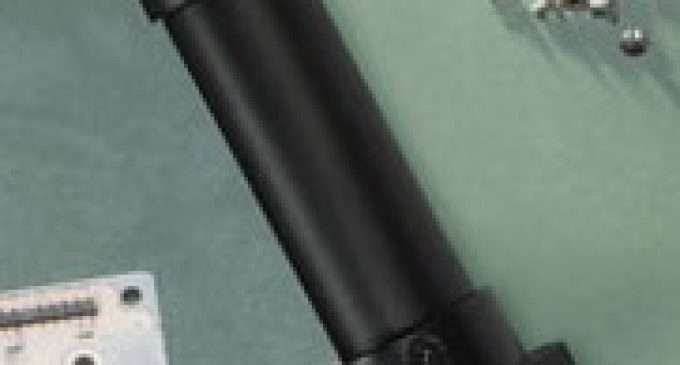New Robotic Torque Screwdrivers by Mountz

PRODUCT NEWS
Mountz, Inc. introduces a new line of robotic torque screwdrivers, the BFA-Series and NFA-Series. Designed for robotic and automated applications, these durable power tools feature a Swiss Maxon brushless motor design, which reduces the standard maintenance costs for electric screwdrivers. The robotic screwdrivers deliver reliability and precision torque control. These automated screwdrivers ensure accuracy in fastening with a precision automatic shut-off clutch once the preset torque is achieved.
For many manufactures, the assembly process can signify one of the highest direct labor costs. These costs can be tremendously reduced through automation. Today’s fastening process is really about providing quality torque control for manufacturers with a greater ability to achieve repeatable performance, optimize production and remain cost competitive.
As manufactures look to improve assembly and manufacturing practices, the manual fastening methods of applying torque are advancing more and more toward automated torque tools. Automated torque screwdrivers provide manufactures with a rapid, reliable and precise method of fastening screws. Precise torque measurement and control can be challenging when using manual electric and pneumatic torque screwdrivers, but the new technology with automated screwdrivers has led to tighter process control and higher quality standards, while keeping costs down.
Selecting the proper robotic electric torque screwdriver requires a comprehensive analysis of production requirements by the manufacturer. Enhancing efficiency and productivity are a key element of developing a value-added assembly strategy. Other items that need to be considered when reviewing automation equipment are:
1. Reducing the production cycle
2. The tool can be easily reconfigured and adapted for new production projects
3. Provides a consistent repeatable process and eliminate potential variations
4. The tooling costs provide favorable return of investment
5. The ergonomic benefit eliminates the tedious and repetitious manual process performed by operators.
6. Maintenance and repair are easy and low cost.
Screwdrivers with brushless motors have an extremely long operating life with no need for regular maintenance or replacement of expendable parts (carbon brushes, rotor, switches and other contact points). Heat generated by the motor is reduced and screwdriver performance is always at the maximum level resulting in reliable product quality. The brushless screwdriver ensures product quality, cost savings and a reduction in overall failures.
In addition to lower maintenance costs, the BFA and NFA screwdrivers are ESD certified, ensuring less than 1 Ohm at the bit tip. ESD management in power tools ensures product quality, cost savings and a reduction in overall ESD failures. Manufacturing engineers involved with microelectronic products are aware of the importance of controlling Electrostatic Discharge (ESD) failures. Lapses in preventing the occurrence of electrostatic discharge can affect production yields, manufacturing costs, product quality, product reliability, reputation and profitability.
Static damage to electronic components can be realized as catastrophic or latent failures. Catastrophic failures are easier to detect and resolve. With this type of failure, the part is “dead” and will not function. It may be costly to repair but is easy to manage. With latent failures, the problem is much worse as the failure may not be detected in testing but is a “time bomb” waiting to happen. Since this product will get into the field and cause intermittent problems or failure in the field, it can be a much more costly problem.
Using a quality robotic torque screwdriver makes a safer world through accuracy and precision. Controlling torque is essential for companies to ensure their product’s quality, safety and reliability isn’t compromised. The failure of a three-cent fastener that isn’t properly tightened can lead to catastrophic or latent failures. Fasteners that are insufficiently fastened can vibrate loose and excessive torque can strip threaded fasteners.




There are no comments at the moment, do you want to add one?
Write a comment